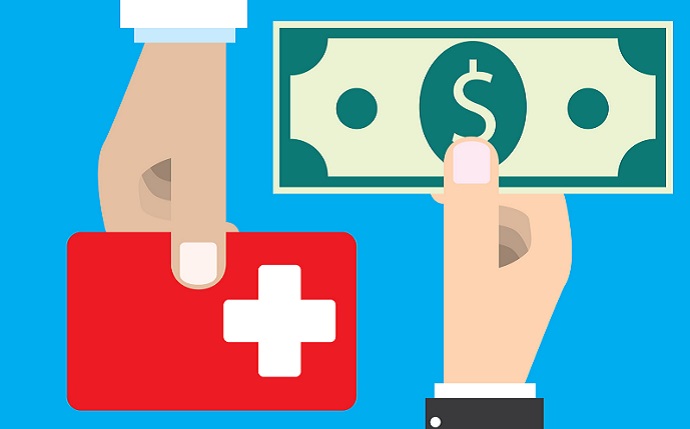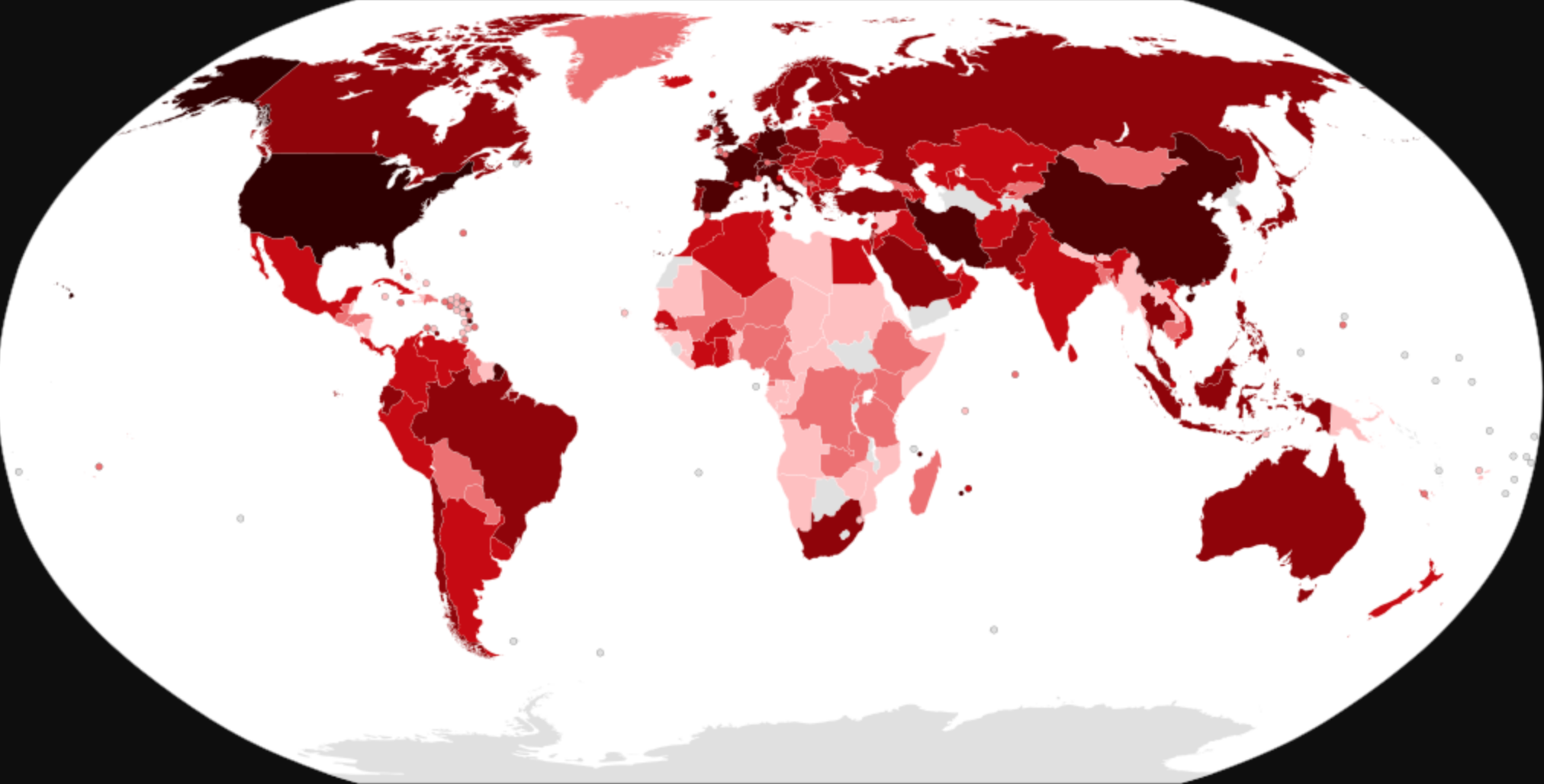Let’s take a look at my browsing history (No, I don’t subscribe to print newspapers…)!
Former New York Giants head coach (and former BC Eagles head football coach), Tom Coughlin, took to the New York Times Opinion column to pen a thoughtful piece about his wife’s recently diagnosed brain disorder, progressive supranuclear palsy. The condition “erodes an individual’s ability to walk, speak, think and control body movements. It steals memories and the ability to express emotions and, sadly, is incurable.” Coach Coughlin talks through the pain of watching his best friend and wife, Judy, slip away from him as he takes on the role of primary caregiver, wherein he points out his years of trying to win a Super Bowl sadly couldn’t prepare him for this, the greatest task of his life. The essay is gut wrenching, full of emotion, thoughtful and certainly worth a read. His parting remarks: Don’t forget about the caregivers.
It was revealed last week that Delta (which, somewhat hilariously refuses to call the Delta Variant by its Greek Alphabet name in favor of its scientific name B.1.617.2) made an evidence based decision to mandate vaccines for all employees. The penalty for not doing so? Increased due towards insurance from employees failing to get vaccinated in the form of $200 extra per month from paychecks. The company points out that COVID-19 related hospitalizations cost Delta about $50,000/hospitalization. Their announcement speaks to the true medical cost of the pandemic on self-insured companies (meaning companies that are big enough to take on the risk associated with health insurance). Importantly, it requires you to understand the nuanced differences among insurance policies in the US. The (very) basic gist of it is that giant companies like Delta, Walmart, etc. will self-insure meaning they know that their employee base is big enough to take on the risk of paying towards medical care. That risk can be calculated by finely tuned algorithms and equations. It assumes that within the employee base, the employees and their dependents will likely evenly distribute risk between under-, average-, and super-utilizers. They will often contract with an “insurance company” to build out a plan, but the financial risk is held by the employer, meaning they pay for they care through the premiums they collect instead of also asking an insurance company to do it for them. This is different from how most small business work with insurance companies, wherein they will just buy into plans. Delta knows that their risk is far greater for huge medical payments if their employees don’t get vaccinated (not to mention potential loss of business if outbreaks get traced back to individual flights).
I LOVED John Carreyrou’s Bad Blood, the bestselling book about Theranos, Elizabeth Holmes and the whistleblowers who took the company down. It’s just a fascinating book about the worst parts of the health industry and how a single captivating idea wrapped into the Silicon Valley culture can blindly (read: wrongly) convince some of the world’s smartest people they stumbled upon the “next” Facebook, Apple or Amazon. Elizabeth Holmes, the disgraced former CEO of Theranos, goes on trial for several counts of fraud this week, but amazingly, John Carreyrou is BACK with more inside scoop and has launched a podcast in parallel to the trial. Catch Bad Blood: The Final Chapter wherever you get your podcasts!





